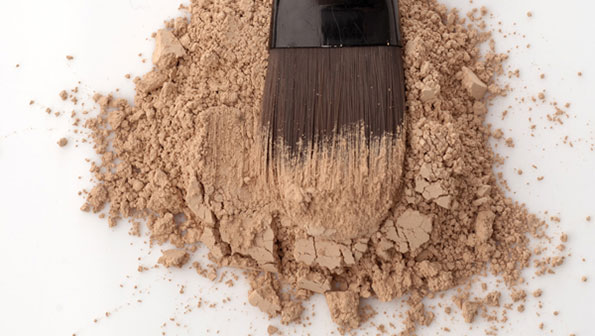Discussions at the Sustainable Cosmetics Summit centered on the safety aspects of cosmetics, building closed loop systems, prospects for a sustainability standard, use of nanomaterials, and emerging green ingredients.
June 15, 2015

The North American edition of the Sustainable Cosmetics Summit drew to a successful close in New York a few weeks ago. Bringing together about 160 senior executives, the 3-day summit highlighted sustainability shortcomings in the North American beauty industry. Discussions centered on the safety aspects of cosmetics, building closed loop systems, prospects for a sustainability standard, use of nanomaterials, and emerging green ingredients.
Jeffrey Light, founder of Jason Natural Products, opened the summit with his keynote on sustainability. A veteran in the natural products industry, he stated his ’50 year journey’ was about developing safe and nutritious products. His latest venture Aroma Naturals is diversifying from natural candles to certified natural personal care products. Tina Sigurdson from the Environmental Working Group called for tighter regulations for personal care products in the USA. She stated the existing regulatory framework was posing a risk to public health.
There were also calls to develop ‘closed loop systems’ for waste. Anita Kedia of Waste Management said cosmetic companies should consider developing zero-waste systems if they wanted to become truly sustainable enterprises. Joshua Scott Onysko, founder of Pangea Organics, stated his brand has a closed loop for its packaging. By placing seeds in its molded fiber packaging, the brand enables customers to grow plants from the packaging.
UL Information & Insights made the case for a sustainability standard for personal care products. Citing GoodGuide as an example, the organization said such a standard could rate products on health, environmental, and social criteria. Apart from helping consumer choose safe personal care products, the standard would also provide greater transparency to retailers and consumers.
Jaydee Hanson from the International Center for Technology Assessment expressed concerns about nanoparticles in cosmetics. He believes the US industry should follow the ‘precautionary principle’ for this new technology. Mirexus Biotechnologies stated the benefits of using nanotechnology. Giving the example of its nano-glycogen material, the Canadian company said the technology can create new natural ingredients.
With growing concerns about contentious ingredients in the cosmetics industry, details were given of a number of new green alternatives to squalene and polyethylene beads. Amyris showed how it is developing squalane from the biological fermentation of sugar cane. Sophim stated it is using olive oil to raw material produce its squalane. Jordan Quinn from Vantage Specialty Chemicals outlined the range of green alternatives to polyethylene beads. His company believes polymer-free jojoba beads are the way forward for sustainable exfoliants.
The Sustainable Cosmetics Summit took place in New York, May 14-16, and highlighted key sustainability areas in the North American beauty industry. Sustainability discussions will continue at the upcoming Latin American (September 28-30, 2015, São Paulo) and European editions (October 21-23, 2015, Paris).
You May Also Like


